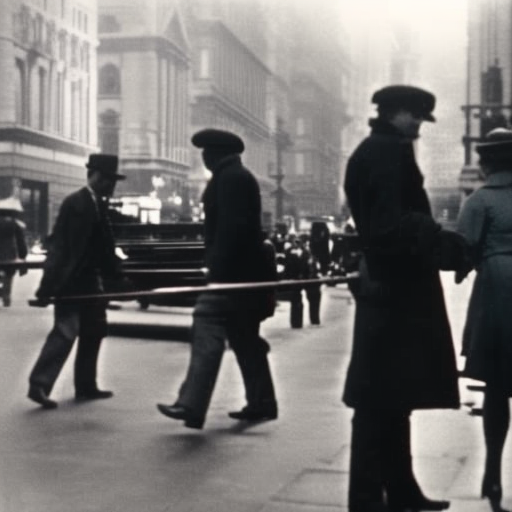The Haymarket Affair (1886)
The Haymarket Affair, also known as the Haymarket Riot, was a significant event in American labor history that occurred on May 4, 1886, in Chicago, Illinois. It began as a peaceful protest demanding an eight-hour workday but quickly turned violent when a bomb exploded, leading to a clash between police and protesters. The incident had a profound impact on the labor movement and the development of workers’ rights in the United States.
The Context
During the late 19th century, industrialization in the United States led to harsh working conditions for many laborers. Workers often faced long hours, low wages, and unsafe environments. In response to these conditions, labor organizations began to form, advocating for better working conditions and higher wages. One of the key demands of these organizations was the establishment of an eight-hour workday.
The Protest
On May 1, 1886, a general strike was organized across the United States to demand the implementation of the eight-hour workday. In Chicago, thousands of workers gathered at Haymarket Square to peacefully protest. The rally was initially peaceful, with several labor leaders, including Albert Parsons and August Spies, delivering speeches to the crowd. However, as the rally was winding down, a contingent of police officers arrived to disperse the remaining protesters.
The Bombing
As the police began to move in, a bomb was thrown into the crowd, resulting in chaos and violence. The explosion killed one police officer instantly and injured many others. In the ensuing chaos, police opened fire on the crowd, leading to the deaths of several protesters and police officers. The exact identity of the person who threw the bomb remains unknown, but the incident was widely attributed to anarchist elements within the labor movement.
The Trial and Execution
In the aftermath of the Haymarket Affair, the authorities launched a crackdown on labor organizations and suspected anarchists. Eight prominent labor activists, including Albert Parsons and August Spies, were arrested and put on trial for their alleged involvement in the bombing. The trial was highly controversial, with the prosecution relying on flimsy evidence and biased witnesses. Despite the lack of clear proof linking them to the bombing, seven of the defendants were found guilty, and four were sentenced to death.
Legacy and Impact
The Haymarket Affair had a profound impact on the labor movement and workers’ rights in the United States. It became a rallying cry for the labor movement, symbolizing the struggle for workers’ rights and the fight against oppressive working conditions. The incident also led to a backlash against anarchism, with many associating the movement with violence and terrorism.
The Haymarket Affair also had a lasting impact on the legal rights of workers. In the years following the event, the labor movement gained momentum, leading to significant improvements in working conditions and the establishment of labor laws. The incident served as a catalyst for the development of workers’ rights and the recognition of the importance of collective bargaining.
In conclusion, the Haymarket Affair of 1886 was a pivotal event in American labor history. It began as a peaceful protest for an eight-hour workday but quickly turned violent when a bomb exploded. The subsequent trial and execution of labor activists sparked outrage and became a symbol of the struggle for workers’ rights. The legacy of the Haymarket Affair can still be seen today in the advancements made in labor laws and the recognition of workers’ rights.












